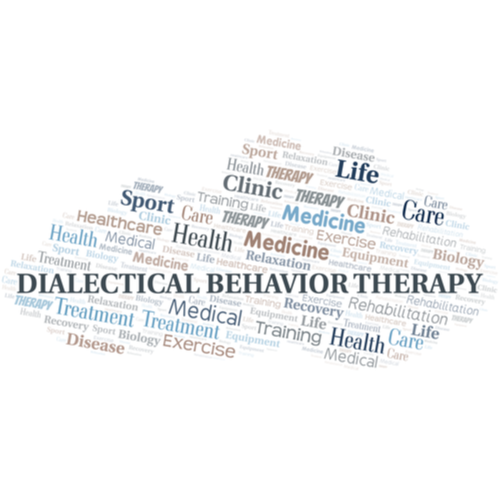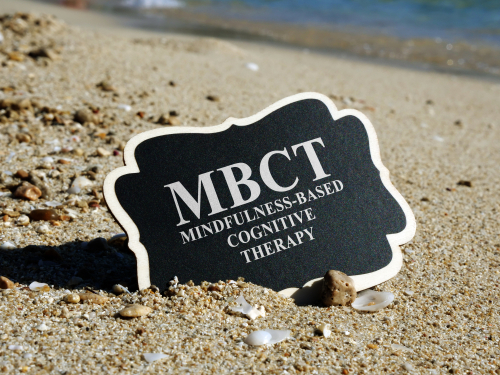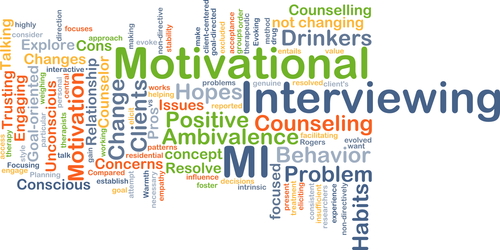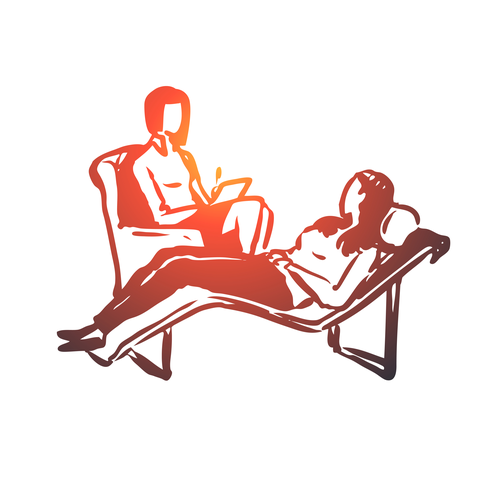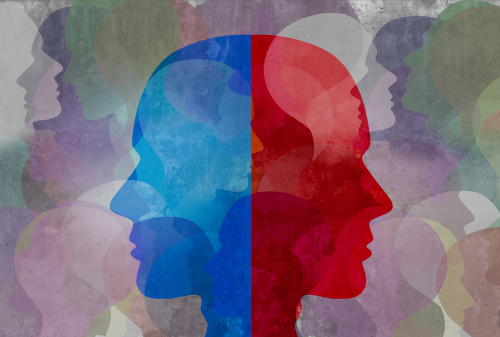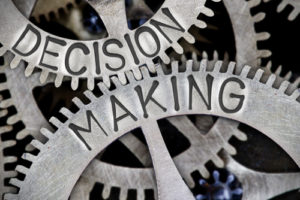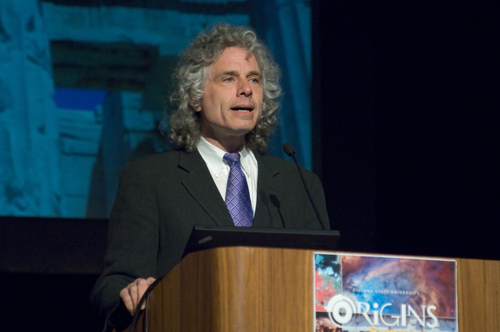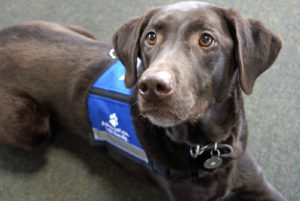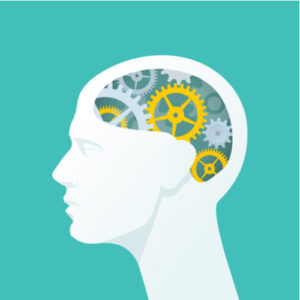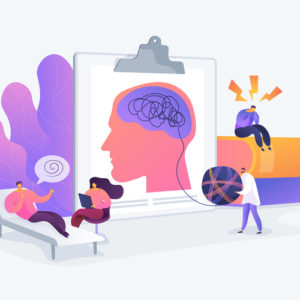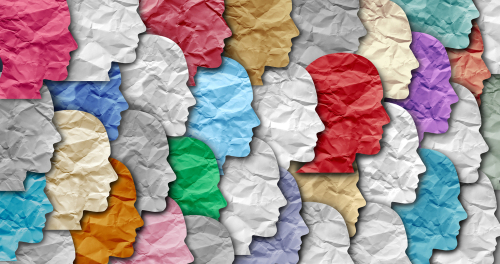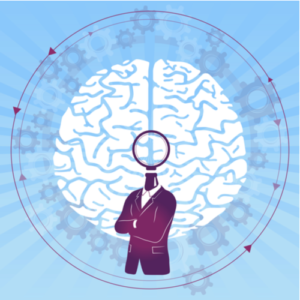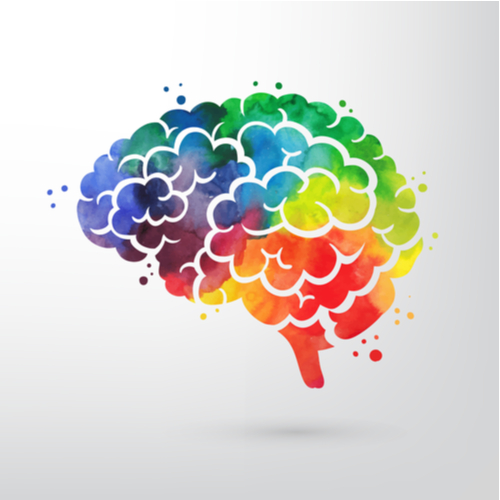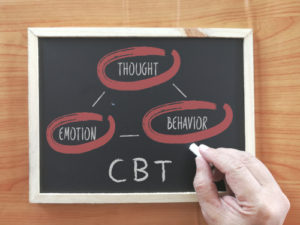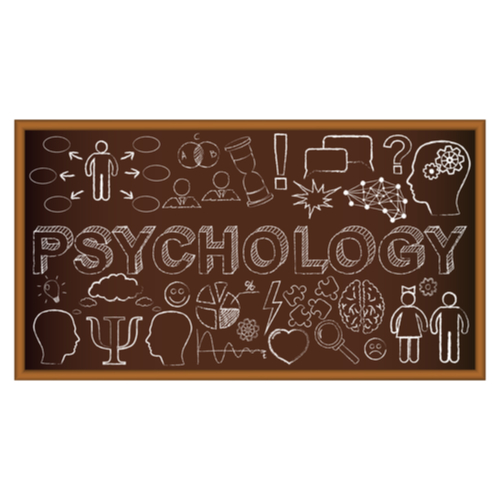Here, we go in-depth in presenting topics psychology students tend to study. It’s intended primarily for 1) Students who want to learn about topics they’ll study in a psych major or advanced degree program; and 2) Educators seeking resources to supplement their curriculum.
Each of the articles we present is authored by experts with advanced degrees and insight into topics they’re covering. Contributors and reviewers include Clifton Stamp, M.S. Broudy, and John Sherk.
Experts on Psychology
Featured Programs
Fields & Specialties
Psychology Careers
History of Psychology
Psychology Education
Featured Programs
Studying Psychology and Psychology Coursework
Psychology is taught at the high school and university levels. More extensive education in psychology after high school is required for a person to make a career within the field. In fact, a bachelor’s degree in psychology is just the first step of many on the path to becoming a professional in the disciple.
A typical university bachelor’s level psychology curriculum includes psychology courses in the following areas:
- General psychology (introduction to psychology)
- Physiological psychology
- Developmental psychology
- History of psychology
- Experimental Psychology
- Statistics and quantitative methods
- Social psychology
- Educational Psychology
- Cognitive Psychology
- Motivation
- Child and Adolescent Psychology
- Introduction to Abnormal Psychology
- Introduction to Clinical Psychology
- Introduction to Industrial/Organizational Psychology
- Perspectives on Psychological Issues
Psychology coursework may include many other classes, covering counseling psychology, personality psychology, psychological testing, and personality psychology.
Graduate psychology study is required to become a psychologist, psychotherapist or counselor. A typical psychology curriculum at the graduate level is dependent on what subfield of psychology a student is involved in, with psychology research degrees focusing more on psychology research methods and design. Clinical psychology graduate degrees will involve coursework like introduction to counseling, advanced counseling techniques, family dynamics, group dynamics, sociocultural foundations of counseling and psychology, medical aspects of therapy, and many others.
Professionals in psychology are usually licensed by the state in which they practice, although researchers in experimental psychology often perform under the auspices of a university or private organization.
Key Questions in Psychology
Psychology students and professionals are interested in many things, including:
- How do people learn? How does learning work? How does memory work? Learning and memory are fundamental aspects of psychology that affect many areas in society, not the least of which is education. Learning and memory are intertwined and make up one of the oldest areas of study in professional psychology, giving us classical and operant conditioning
- How does the personality form and what affects it? Personality is one of the most stable, enduring aspects of a person. It’s essentially the way a person approaches their life and the challenges it presents, but how does it develop and how can that change?
- What is intelligence, how is it measured and how can it be enhanced? Intelligence tends to be remarkably stable over time, but how does it develop and how can we increase it?
- How do people meet challenges and adapt to difficulties? The ways in which people learn to assess situations and change their behavior to get what they need speaks to adaptiveness, which is an essential feature of healthy behavior.
- How does the brain affect behavior and in turn, how do our behaviors affect our brains and our overall health?
- What causes addiction, what sustains it, and how can it be stopped? People develop maladaptive, or harmful behaviors for many reasons and the severity of those behaviors rangers from mild to catastrophically harmful. Why do people experience this and how can we treat these kinds of disorders?
- How do we change bad behavior? Bad behavior may simply be mildly harmful habits, or those that seriously lower our chances of having a satisfying life.
- How does the body/mind interface work? Many behavioral psychologists over the years have argued that there is no such entity as the mind. Certainly, we can all agree that there’s an inner and out aspect of our behaviors, thoughts and beliefs that affect each other and respond to different contexts.
- How do we best treat psychological disorders? Clinical psychology is concerned with the diagnosis and treatment of psychological disorders. Research conducted by clinical psychologists examines mental illness and looks for better ways to treat it.
- How do we help people have more fulfilling lives? Everyone wants to lead personally fulfilling, significant lives, but getting there can be a complex process.
Choosing Psychology Study Programs
Picking the right psychology program requires a person to have a good idea of what the individual subdisciplines of psychology study. All branches of psychology belong to pure or applied science; that is, psychology is based upon facts and reproducible experiments. Psychology is distinguished from the natural philosophy that preceded it by its reliance on research, experimentation and the scientific method.
Although clinical psychologists diagnose and treat mental illnesses, as graduate students of clinical psychology, they are expected to conduct research and experimentation to add to the body of psychological knowledge. Counseling psychology students, on the other hand, are trained with less emphasis on research. Graduate students more interested in conducting research Experimental psychology is a subdiscipline of psychology that focuses on experiments that yield fact-based, measurable results. These experiments rely on rigorous control methods to ensure that the variables being tested are both reliable and consistent.
If you’re interested in people and their behaviors, psychology is likely a good ma. Psychology continues to grow, there are many fascinating careers available, and there are so many questions left to answer in the discipline.




